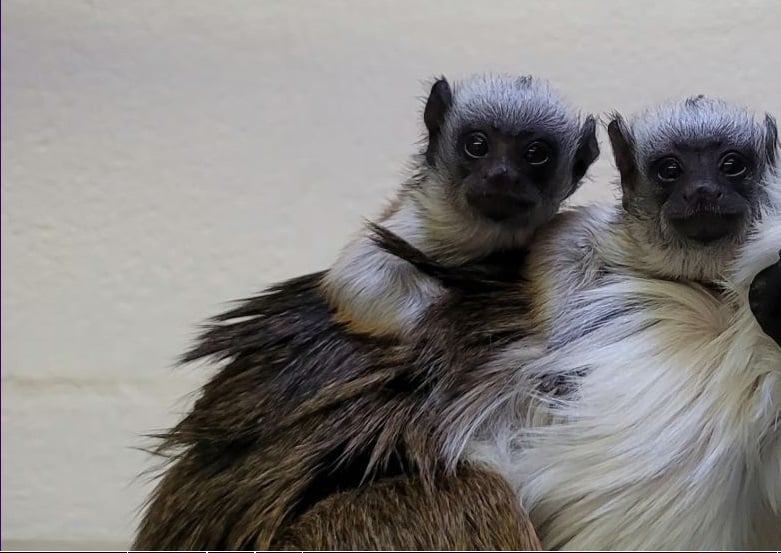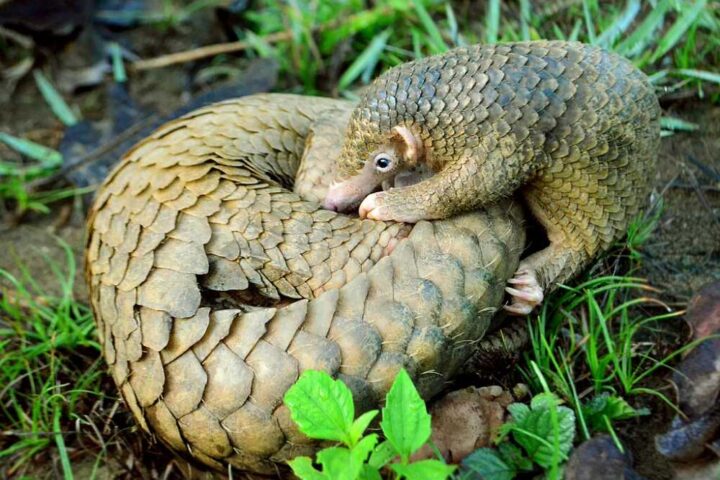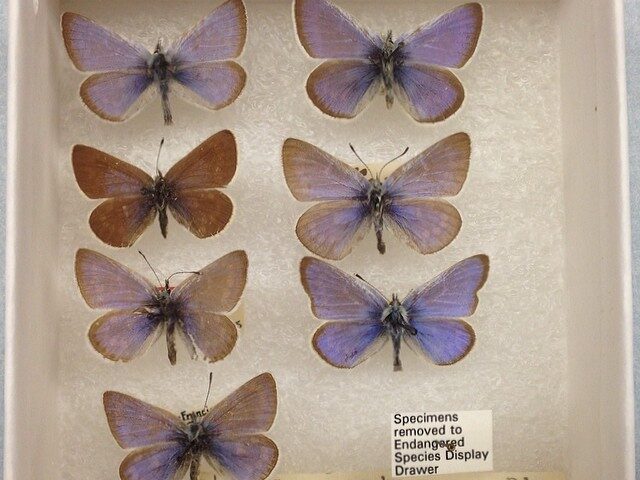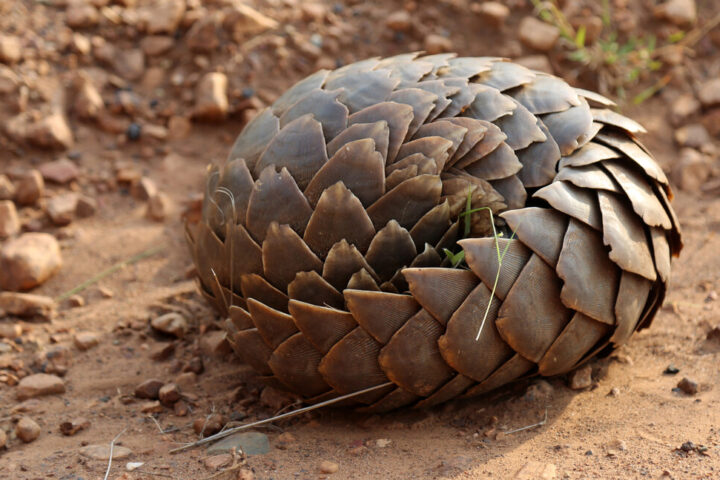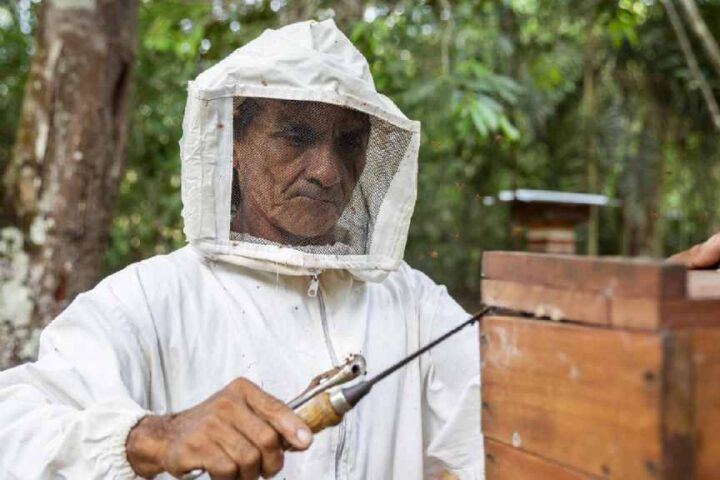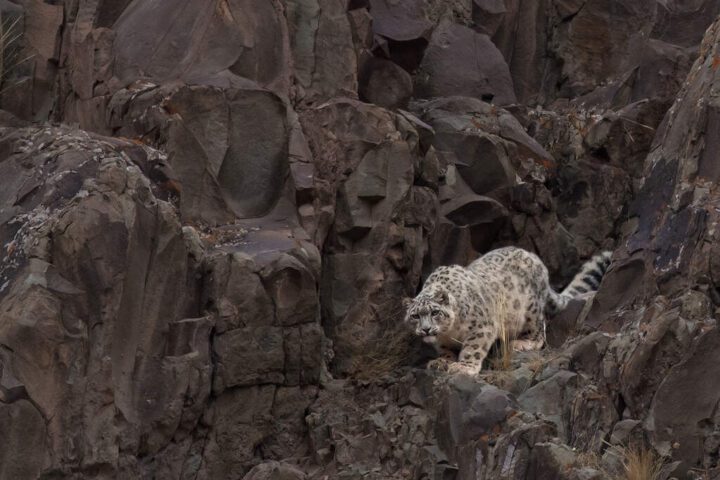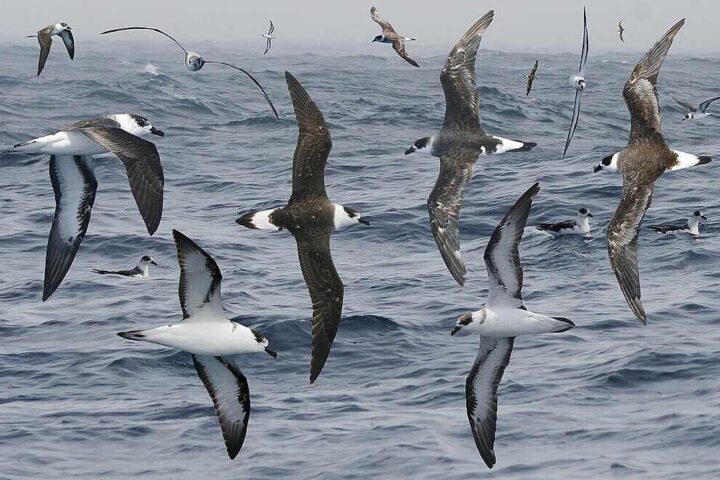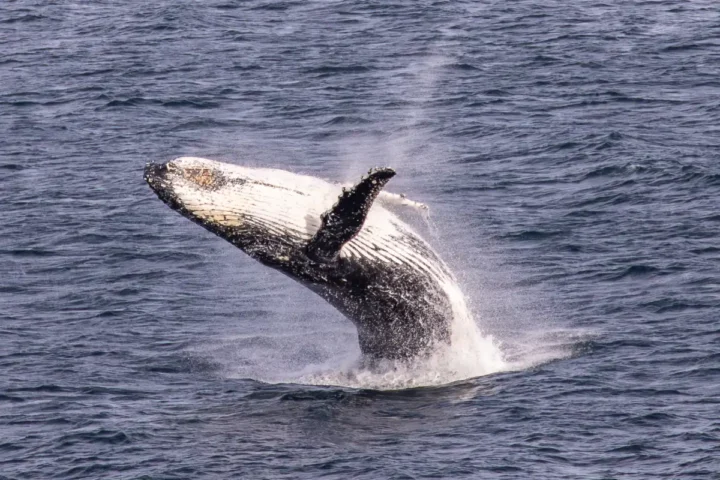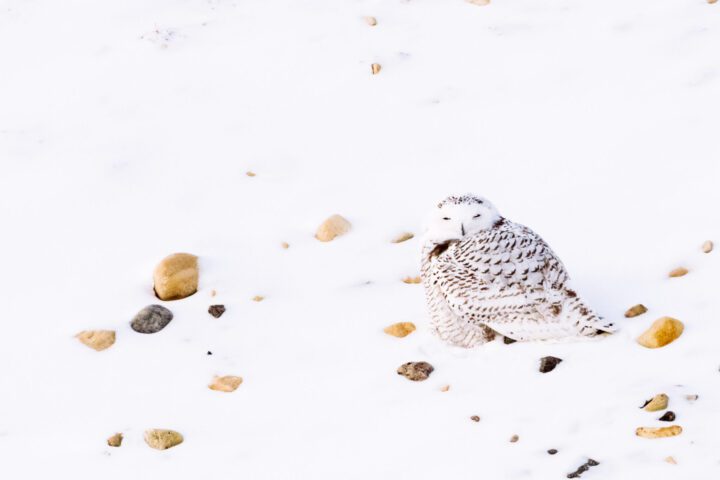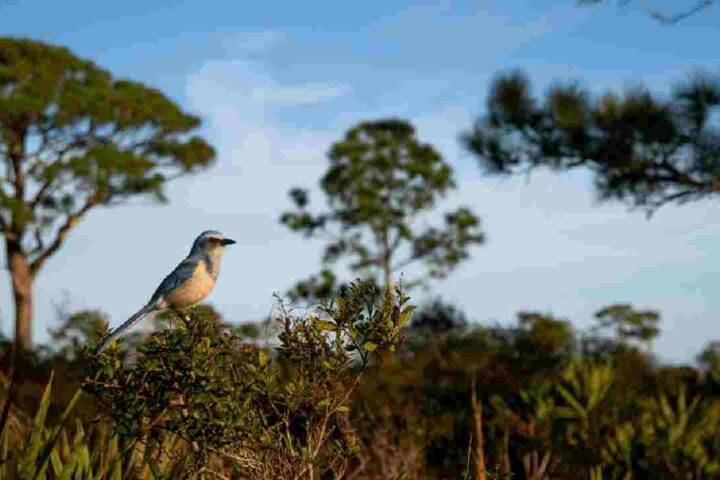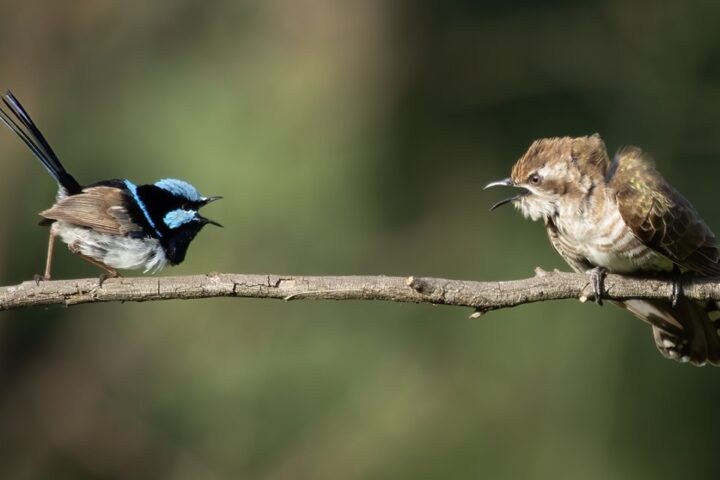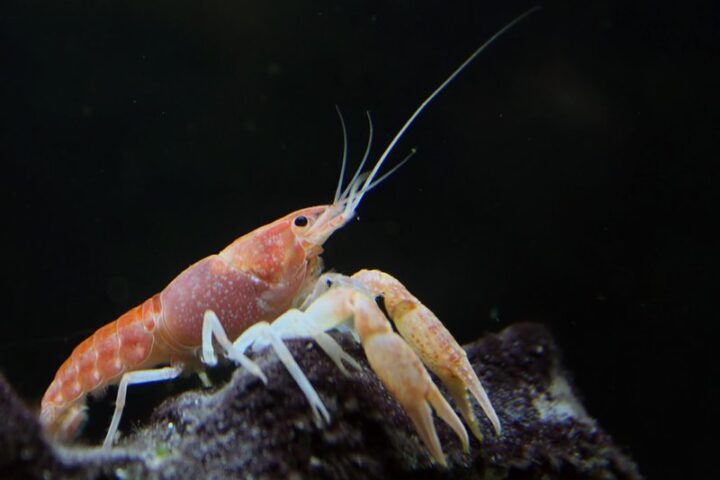Philadelphia Zoo recently welcomed two critically endangered pied tamarin twins, born on February 27 to first-time parents Whitney and Napoleon. This marks the first birth of pied tamarin twins at the zoo since 2010 and represents a vital addition to a species facing extinction.
The twins, now visible to visitors in the Rare Animal Conservation Center, are growing well under their parents’ care. Pied tamarins typically give birth to twins after a six-month pregnancy, with babies weighing about 1.5 ounces. The father carries the infants most of the time, returning them to their mother every two hours for feeding.
“Pied tamarins are one of the most endangered primates in the world,” said Rachel Metz, Vice President of Animal Well-Being. “We’re overjoyed to have another successful birth and beautiful babies for guests to fall in love with.”
These small primates live in a tiny region outside Manaus, Brazil, where rapid urban growth threatens their survival. Scientists predict an alarming 80% decline in their wild population by 2033 due to habitat loss, competition with other species, and disease.
Similar Posts
“Whitney and Napoleon have done a perfect job as first-time parents,” said Amy Skokowski, Director of Primates. “Our primate team has provided the right conditions for successful breeding and child rearing.”
The birth supports the Association of Zoos and Aquariums Species Survival Plan, which works to maintain genetic diversity in captive populations of endangered animals. In 2010, Philadelphia Zoo became the first zoo in the U.S. to breed this critically endangered species.
Pied tamarins stand out with their bald heads and distinctive coloring. Their hands and feet have pointed claws rather than fingernails, except for their big toes which have flat nails used for grooming. They communicate by rapidly flicking their tongues to show recognition, anger, or curiosity.

In their natural habitat, these primates help maintain forest health by spreading seeds and controlling insect populations. Conservation efforts in Brazil include creating protected areas and wildlife corridors, though urban expansion continues to pose challenges.
The Philadelphia Zoo now houses six pied tamarins – the adult pair, two other adults named Vedder and Whoopie Pie, and the unnamed twins. While captive breeding offers hope, protecting their remaining wild habitat remains crucial for the species’ long-term survival.
